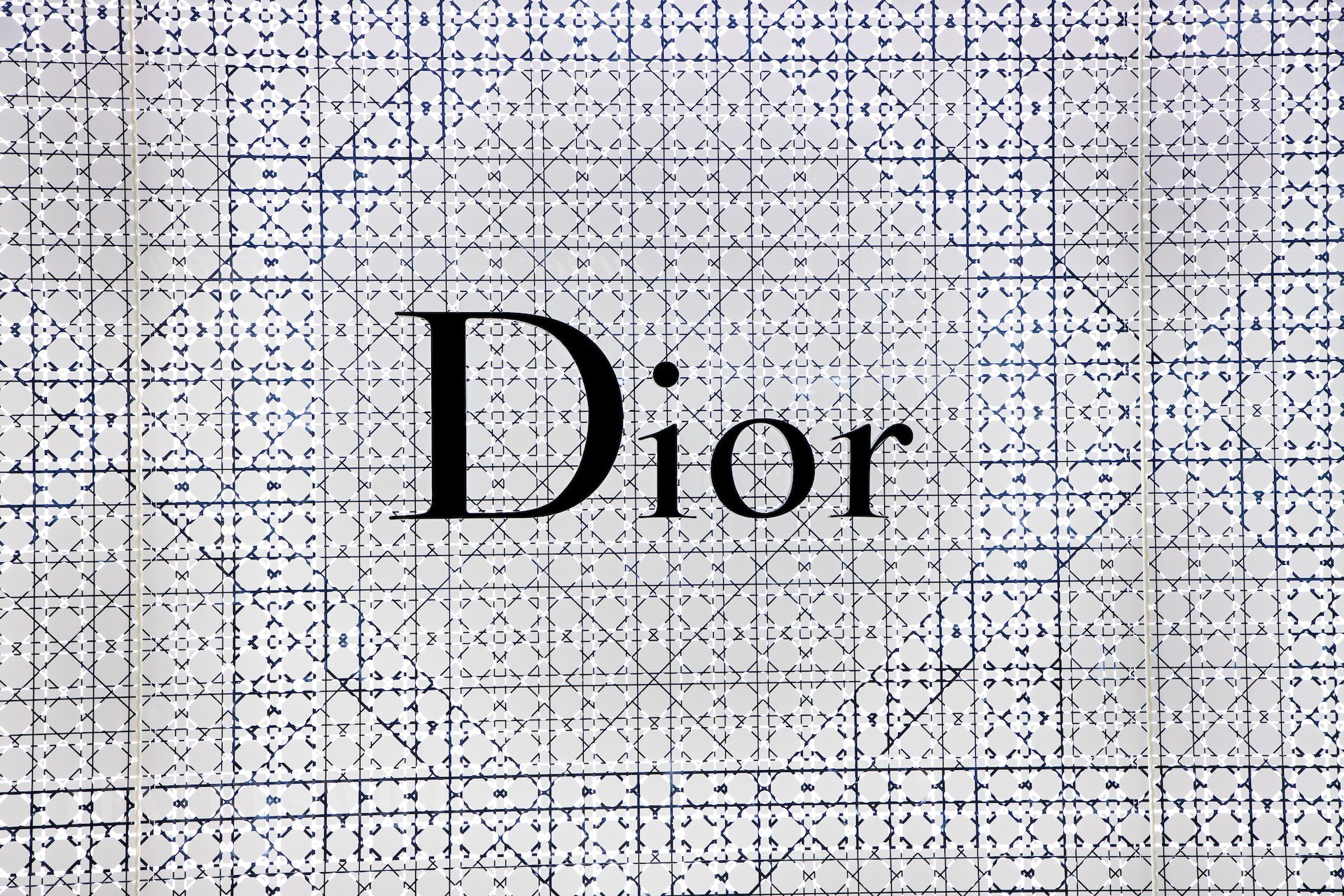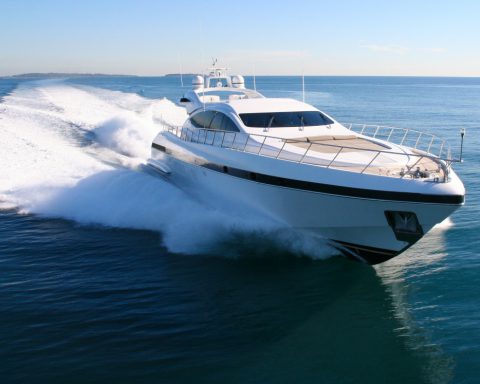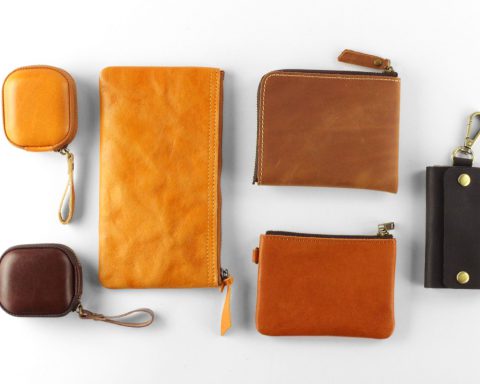Key Takeaways:
- Online popularity of luxury brands often predicts their future market success.
- Affluent brands need to adapt swiftly to emerging digital trends.
- Despite economic turbulence, the luxury industry demonstrates resilience.
- Dior has replaced Gucci as the most popular luxury brand online.
- LVMH, the parent company of multiple luxury brands, has become the first European company to surpass a market value of $500 billion.
Digital Popularity as a Predictor for Luxury Brand Success
The advent of the digital age has profoundly impacted the way consumers interact with luxury brands. No longer are these coveted names confined to the polished glass displays of boutique shops. They have made their mark in the virtual world, and their online popularity often serves as a barometer for their future market success.
An affluent brand’s online presence doesn’t simply constitute having a website or social media channels; it encompasses their ability to drive conversations, engage consumers, and influence their buying behavior across these platforms.
Luxury Brands: Resilient in Turbulence
Contrary to initial predictions, the luxury industry has shown remarkable resilience against economic headwinds and banking turmoil. For instance, in April 2023, LVMH, the parent company of multiple prestigious brands such as Louis Vuitton, Dior, and Tiffany & Co, saw their shares reach a new high. The French luxury group took the lead as Europe’s most valuable company, exceeding $500 billion in market value. Bernard Arnault, the owner of LVMH, became the world’s richest man.
Despite these achievements, affluent brands must remain agile, adeptly adapting to new paradigms and maintaining their brand essence in an ever-changing and uncertain context.
The Importance of Embracing Digital for Affluent Brands
To maintain relevance among the new generation of affluent consumers, luxury brands must embrace digital platforms wholeheartedly. A brand’s digital performance no longer serves as a mere auxiliary component of its marketing strategy. It has become a critical determinant of the brand’s growth, credibility, and future success.
Unveiling the Most Popular Luxury Brands Online in 2023
For the first time, Dior has surpassed Gucci, earning the top spot among the most popular luxury brands online. This feat represents Dior’s successful digital strategy, including innovative collaborations, expansion into new markets, and a robust social media presence, especially in lucrative markets like China.
Notably, the LVMH-owned Dior has seen a steady ascent in popularity over the years, underpinning the importance of digital savviness and engagement in the luxury market. The launch of Lady 95.22, a reinterpretation of the iconic Lady Dior bag, played a pivotal role in this ascension. The campaign led by Chinese brand ambassador Dilraba amassed hundreds of millions of views on Weibo, demonstrating the power of strategic celebrity endorsements.
Dior also stands as the first European luxury brand to host an official calendar show in India, signifying its bold venture into this promising luxury market. As a result, traffic to Dior’s website saw an impressive year-over-year growth of 48% in 2023.
Other Luxury Brands Making a Mark in 2023
While Dior takes the lead, other affluent brands have also made significant progress in the online sphere. Swarovski made its first appearance in the top 15 luxury brands online. Burberry, Saint Laurent, and Omega made a comeback in the top 15, demonstrating the fluidity and competitiveness of the luxury market.
In contrast, Valentino, Cartier, Ralph Lauren, and Estee Lauder have disappeared from the ranking this year, showcasing the challenge of maintaining a consistent online presence and popularity among luxury consumers.
Looking to the Future
As digital technologies evolve and consumer behavior shifts, the ability of luxury brands to adapt swiftly will determine their ongoing relevance and success. The correlation between a brand’s online presence and its market performance underscores the need for strategic digital engagement, particularly for those operating in the luxury space.
Dior’s success story serves as a blueprint for other luxury brands to follow, showcasing the importance of innovative digital strategies, consumer engagement, and brand resilience. It’s clear that as we move forward, the path to success for any affluent brand is indisputably digital.








